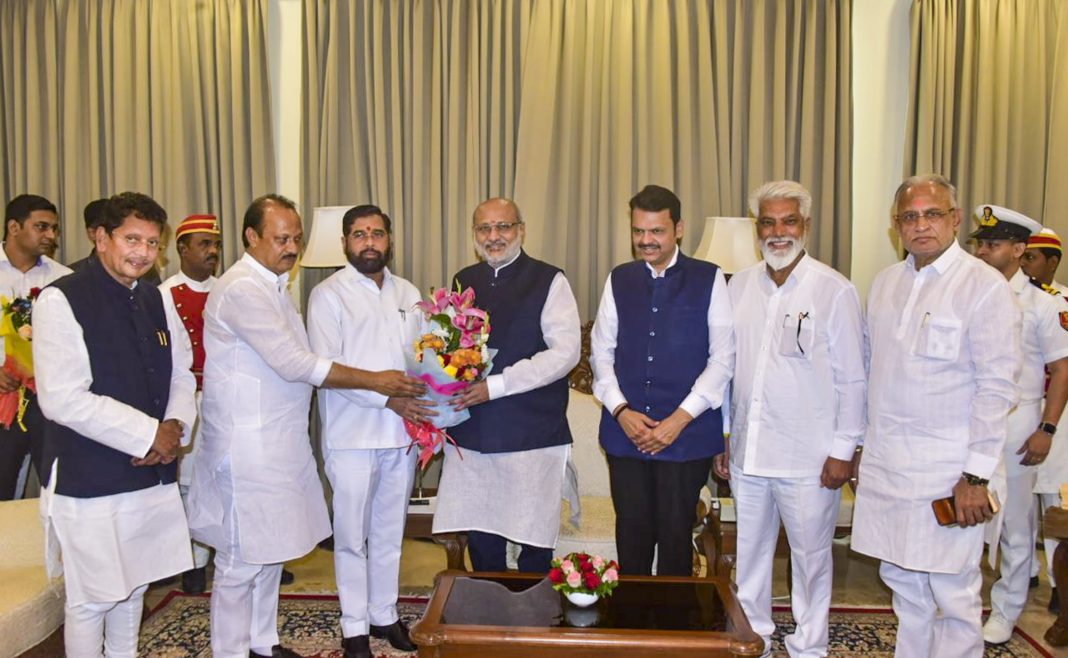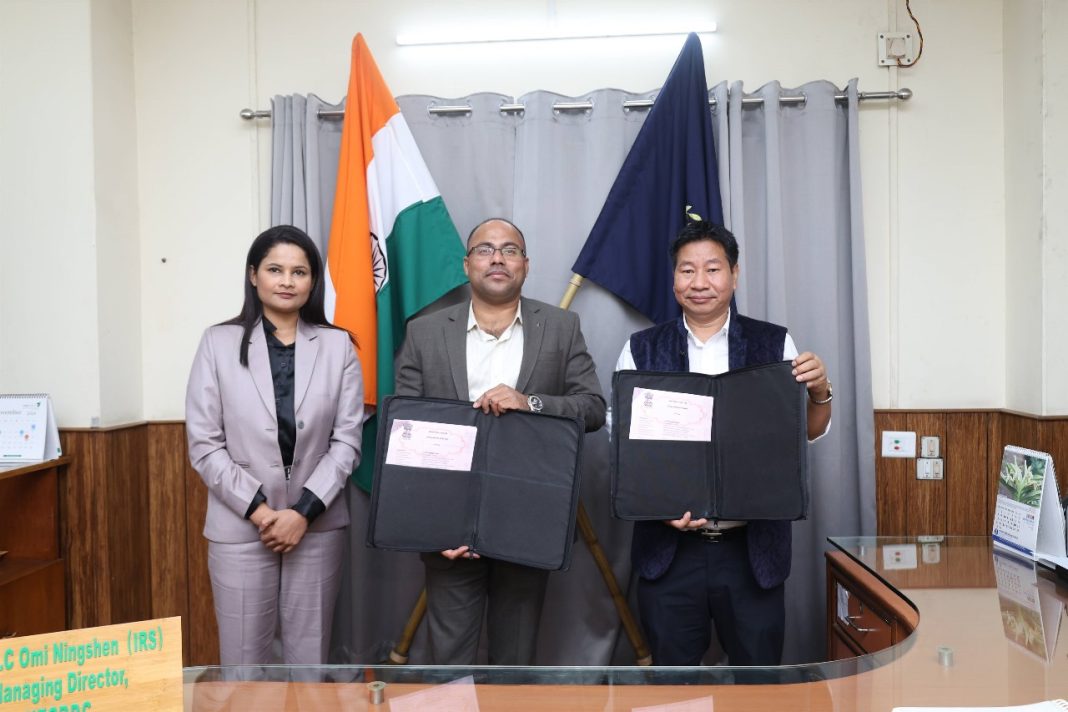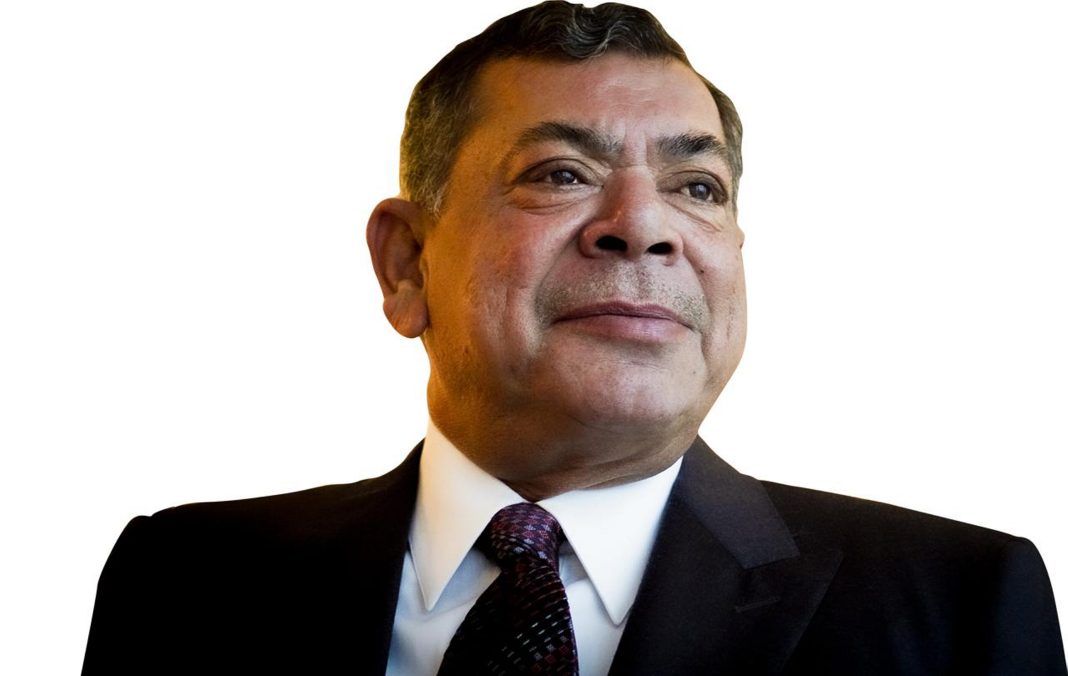By Dipak Kurmi
The resounding victory of the BJP-led Mahayuti in the 2024 Maharashtra Assembly elections has brought with it a surge of expectations for governance that is transformative and solution-oriented. This historic mandate, buoyed by a strategic electoral campaign centered on schemes like the Ladki Bahin cash transfer initiative, Maratha reservation assurances, and the consolidation of Hindu votes, reflects the electorate’s hopes rather than its satisfaction with past governance. It is now incumbent upon the victorious coalition to translate its promises into tangible outcomes, particularly in critical urban centers like Pune, where burgeoning traffic congestion threatens to stymie growth and quality of life.
Pune, a vibrant nexus of IT, education, and industry, has emerged as a significant barometer of the challenges Maharashtra faces. While the Mahayuti coalition swept 10 of the 11 seats in Pune and Pimpri-Chinchwad, signaling strong public faith, the city’s chronic traffic issues underscore the urgency for immediate and effective governance. Pune’s transportation crisis, exacerbated by unchecked vehicular growth and inadequate infrastructure, represents a microcosm of the larger urban planning deficits that plague the state.
The Crisis: Congestion in Pune’s Expanding Urban Jungle
Pune’s evolution into the eighth-largest city in India has brought with it the twin burdens of population growth and vehicular saturation. With a staggering population of 10 million and 7.2 million registered vehicles — 62% of which are two-wheelers and 24% four-wheelers — the city is a living case study in urban sprawl gone unchecked. Alarmingly, 1,300 new vehicles are added daily to its already overburdened roads. This vehicular deluge, coupled with the fact that only 6% of Pune’s area is under roads, well below the UDCPR-recommended 10-15%, has created a perfect storm of congestion and commuter frustration.
The city’s narrow streets exacerbate the issue, with 60% of Pune’s 2,200 km of roads measuring less than 20 feet in width. The absence of a long-promised ring road has forced most traffic through radial roads, creating logjams in the city center. Compounding this is Pune’s inadequate public transport system. Unlike Mumbai, where public transport accounts for over 50% of commuting, Pune lags significantly at just 17%. The city’s bus service, PMPML, remains under-resourced, while the Metro project, though promising, is still under construction and far from achieving its potential. Public transport’s share of road trips currently stands at a meager 19%, compared to 71% for private vehicles.
A Call to Action: Governance on a War Footing
The Mahayuti government’s decisive mandate offers a rare opportunity to address these challenges head-on. Good governance in Pune, particularly on the issue of traffic, must now become a priority. Immediate and low-cost measures can deliver visible results within the coalition’s current five-year term, laying the groundwork for more ambitious, long-term solutions.
One of the most pressing needs is to revitalize public transport. Increasing the frequency and reliability of the bus fleet, integrating last-mile connectivity options like autorickshaws, bike taxis, and ride-hailing services, and implementing a common ticketing system for buses and Metro could significantly improve public transport usage. Attractive fare structures, including full-day passes, could incentivize citizens to shift from private to public transport, as has been successfully demonstrated in other urban centers.
The Metro’s potential must also be unlocked through improved connectivity. Current statistics indicate that 30% of commuters walk to Metro stations, while only 11% use buses to access them. Enhancing feeder services could mimic Mumbai’s success in creating a seamless transit experience, encouraging wider adoption of the Metro.
Staggered work hours and hybrid work models combining remote and in-office schedules could further alleviate peak-hour traffic congestion. These measures not only enhance employee productivity and morale but also help distribute road usage more evenly throughout the day.
Harnessing Civic Momentum: A Collaborative Approach
Addressing Pune’s traffic crisis requires not just political will but active civic engagement. Initiatives such as the ‘My Pune Dialogue’ movement, spearheaded by organizations like the Top Management Consortium Foundation (TMCF) and the Pune Platform for Collaborative Response (PPCR), demonstrate the potential of collaborative efforts. These platforms have already begun mobilizing citizen-activists, NGOs, and industry leaders to push for change. The expertise of stakeholders like Sudhir Mehta, Ashwini Malhotra, and Pratap Singh Bhonsle can help shape practical, impactful solutions.
At a recent gathering organized by TMCF and PPCR, participants highlighted the need for a multifaceted approach to Pune’s traffic woes. Low-cost interventions like expanding the bus network, fast-tracking Metro completion, and initiating the ring road project were identified as critical steps. Such measures, when combined with long-term planning for road infrastructure expansion, could transform Pune’s commuting landscape.
The Road Ahead: Delivering on Promises
The Mahayuti’s electoral triumph brings with it both an opportunity and a responsibility to redefine governance in Maharashtra. For Pune, this means addressing traffic congestion not as a standalone issue but as part of a broader vision for sustainable urban development. Lessons from cities like Mumbai, where efficient public transport systems have eased commuter woes, must inform policy decisions.
As the coalition embarks on its five-year term, the urgency of delivering results cannot be overstated. Pune’s traffic situation demands a comprehensive and immediate response — one that combines innovative, low-cost solutions with bold, long-term infrastructure investments. The city’s future as a thriving hub of industry and innovation depends on it. With the right leadership and a collaborative spirit, Pune can become a beacon of good governance, setting a precedent for other cities in Maharashtra and beyond.
(the writer can be reached at dipakkurmiglpltd@gmail.com)




